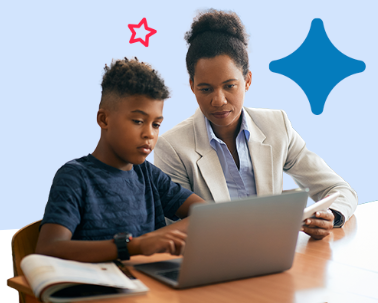How Individualized Education Plans Help Students Succeed
When a child receives special education services, one important tool used to support their learning is an Individualized Education Plan, or IEP.
The IEP is a personalized plan that outlines the specific goals, supports, and services a student needs to thrive in school.
Understanding the role of an IEP can help families and educators work together to give every student the best chance to succeed.
What Is an IEP?
An IEP is a written plan developed for students who qualify for special education services. It is designed to meet a child’s unique learning needs by setting clear goals and identifying the supports required to reach those goals.
Key Elements of an IEP
-
Personalized Goals: The IEP includes specific, measurable goals based on the child’s strengths and areas for growth. These goals focus on academics, social skills, communication, or other important areas.
-
Services and Supports: The plan outlines what services the student will receive, such as speech therapy, counseling, or specialized instruction. It may also include accommodations like extra time on tests or assistive technology.
-
Progress Monitoring: The IEP team regularly reviews the student’s progress toward their goals and updates the plan as needed.
-
Team Collaboration: Parents, teachers, special educators, and other professionals come together to develop and review the IEP.
Why Is the IEP Important?
The IEP helps ensure that a student’s learning experience is tailored to their individual needs. It provides a clear roadmap for educators and families, making it easier to track progress and make adjustments. With an IEP, students receive the support they need to build confidence and achieve their potential.
How Parents Can Be Involved
Parents play a vital role in the IEP process. Being involved means:
-
Sharing insights about your child’s strengths and challenges
-
Asking questions and expressing concerns
-
Collaborating with the IEP team to set realistic goals
-
Attending meetings and reviewing progress reports
Your voice is important and helps make the plan effective.
Final Thoughts
The IEP is a powerful tool that helps create an inclusive and supportive learning environment. By working together, families and educators can use the IEP to help students grow, succeed, and enjoy their educational journey.






